Research strategy and environment
We strongly believe in the importance of curiosity-driven research, rooted in academic excellence and supported by strong leadership. We also nurture and celebrate a culture of expertise that delivers benefits to our society. This is based on laying strong foundations for all research work at UCL and with partners, including:
- setting out a clear vision and strategy
- fostering a healthy research culture
- ensuring we abide by and champion research-enabling policies and best practice
- providing access to state-of-the-art facilities and cutting-edge technologies.
Our vision and direction
UCL Research Strategy
Our Research Strategy, published in 2019, sets out a 10-year vision for the nature of UCL’s research. We seek to build upon the radical tradition of innovation, accessibility and relevance, established by our founders and embodied by successive generations. Our three core aims are:
- To inspire and empower research leadership
- To cross boundaries to increase engagement
- To deliver impact for public benefit
UCL's Strategic Plan research priorities
The UCL's Strategy Plan 2022-27 renews our commitment to invest in our flagship UCL Grand Challenges and a number of key enabling priorities such as research and innovation services.
Our Strategic Plan evolves the initial ambition of our Grand Challenges into a more established programme of five academically led Grand Challenges - Climate Crisis | Mental Health & Wellbeing | Data-Empowered Societies | Inequalities | Intercultural Communication.
Our research culture
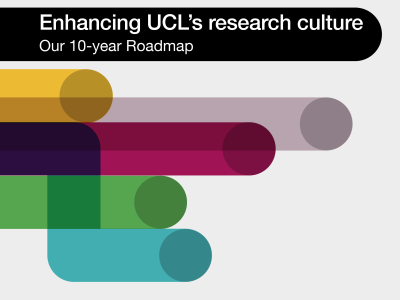
At UCL, we want to create a research environment that facilitates excellence and where we support one another to succeed. Our 10-year Roadmap, co-created with the research community, sets out how we will develop a fair, collaborative, and inclusive research culture.
Find out more about research culture at UCL.
Policy and best practice guidance
There are two main aspects to ensuring that research policy and best practice contribute to a supportive and productive environment for UCL researchers.
Understanding, analysing and influencing research policy
Decisions made by policymakers, notably Government and research funders, play a significant role in shaping the environment in which UK research takes place. Research policy encompasses all policymaking debates and decisions that affect research at universities, spanning policy topics from R&D funding to immigration. The Research Policy team works to engage with research policy stakeholders, undertake analysis, and develop and advocate policy ideas that benefit research at universities. Find out more about the Research Policy team and its work.
Enabling and ensuring research policy compliance and best practice
UCL regards it as fundamental that research should be conducted, and the results of research disseminated, honestly, accurately and in accordance with professional standards. All those at UCL involved in research, whether on UCL premises or overseas, as well as external researchers working at or in collaboration with UCL are expected to comply with this guidance.
We continually invest time, expertise and funds in maintaining and developing facilities and technologies that enable our world-leading academics and exceptional students to pursue excellence, cross boundaries and shape the world we live in.
This would not be possible without the generosity of our benefactors – alumni and friends, charitable trusts and foundations, and companies, in the UK and around the world.
Find out the latest for some of our first-class research facilities and technologies.
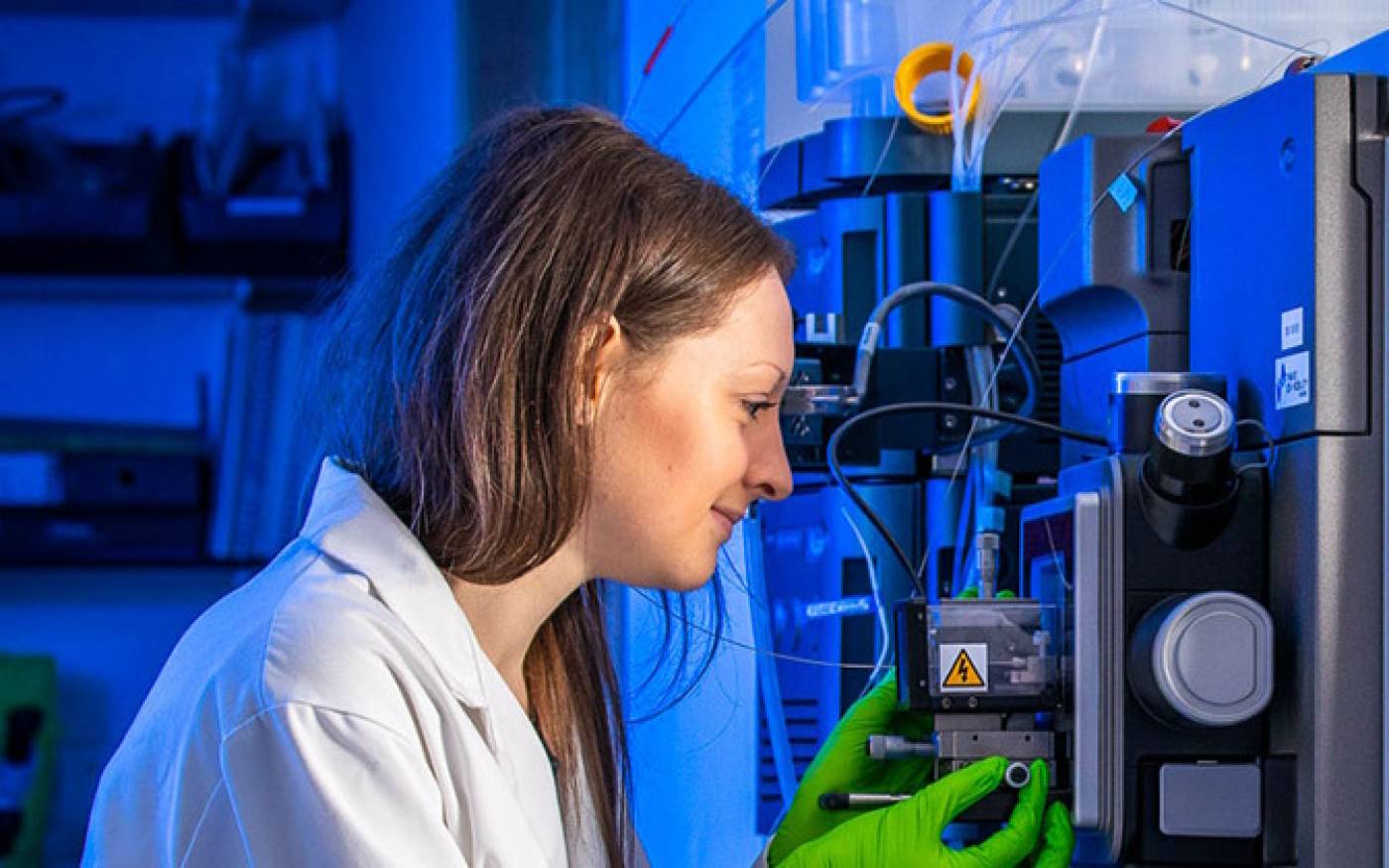
UCL Science Technology Platforms and Facilities
UCL is investing in a network of sustainable world-class science and technology platforms, ensuring our researchers have access to equipment and expertise essential to supporting world-leading research.

New east London campus UCL East
Olympic champion and former UCL student Christine Ohuruogu MBE was joined by two recent graduates to ‘push the button’ and open UCL East, the university’s largest expansion in its almost 200-year history.

New centre of excellence for UCL Neuroscience
The landmark facility at 256 Grays Inn Road, London, will bring together research scientists, clinicians and patients with the aim of accelerating the discovery of treatments for neurological conditions, including dementia – for which there is still no known cure.
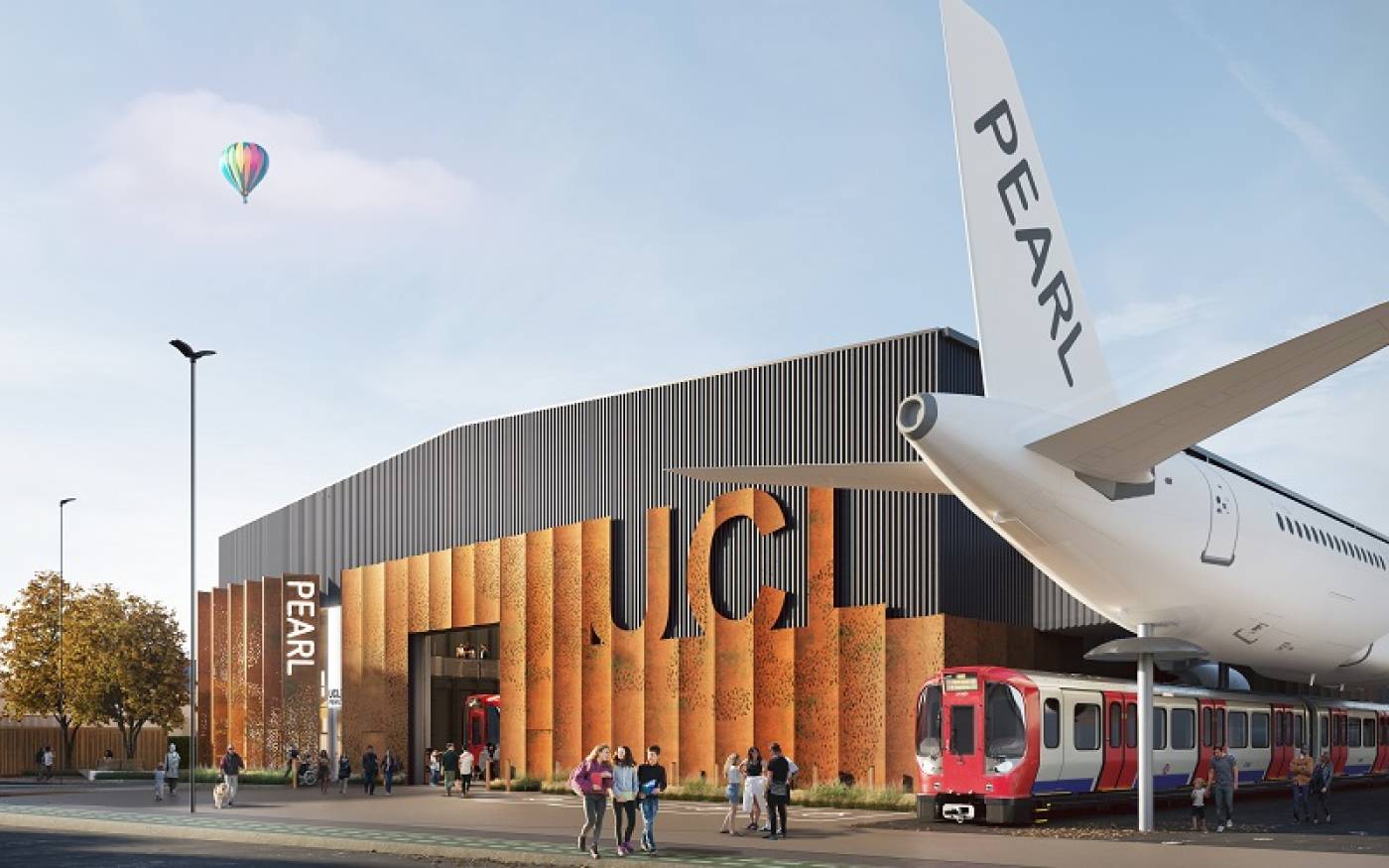
UCL PEARL building classified as net zero carbon
UCL’s PEARL building in Dagenham, east London, has received an A+ rating for energy performance, making it UCL’s first net zero carbon building, with the export of surplus energy from solar panels expected to make it carbon negative.
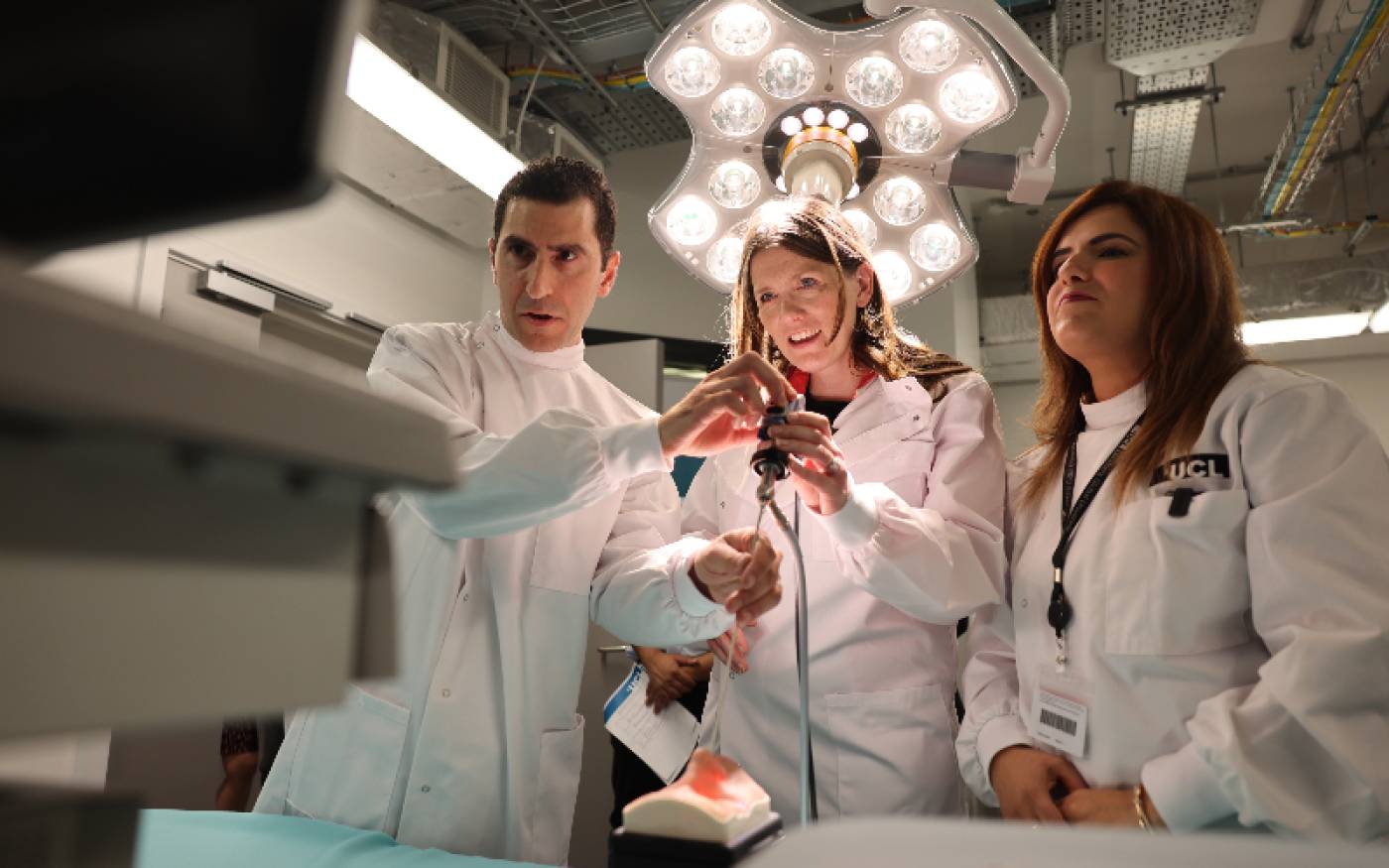
AI innovation at UCL’s Wellcome/EPSRC Centre for Interventional and Surgical Sciences (WEISS)
UCL’s world leading expertise in artificial intelligence was chosen as the setting, as UK Government announced £13 million will be invested to accelerate AI innovation in healthcare.

New Oriel eye health centre breaks ground
A special breaking ground celebration has been held today to mark the start of construction to build Oriel, a new integrated UCL-Moorfields Eye Hospital centre for eye care, research and education in Camden.
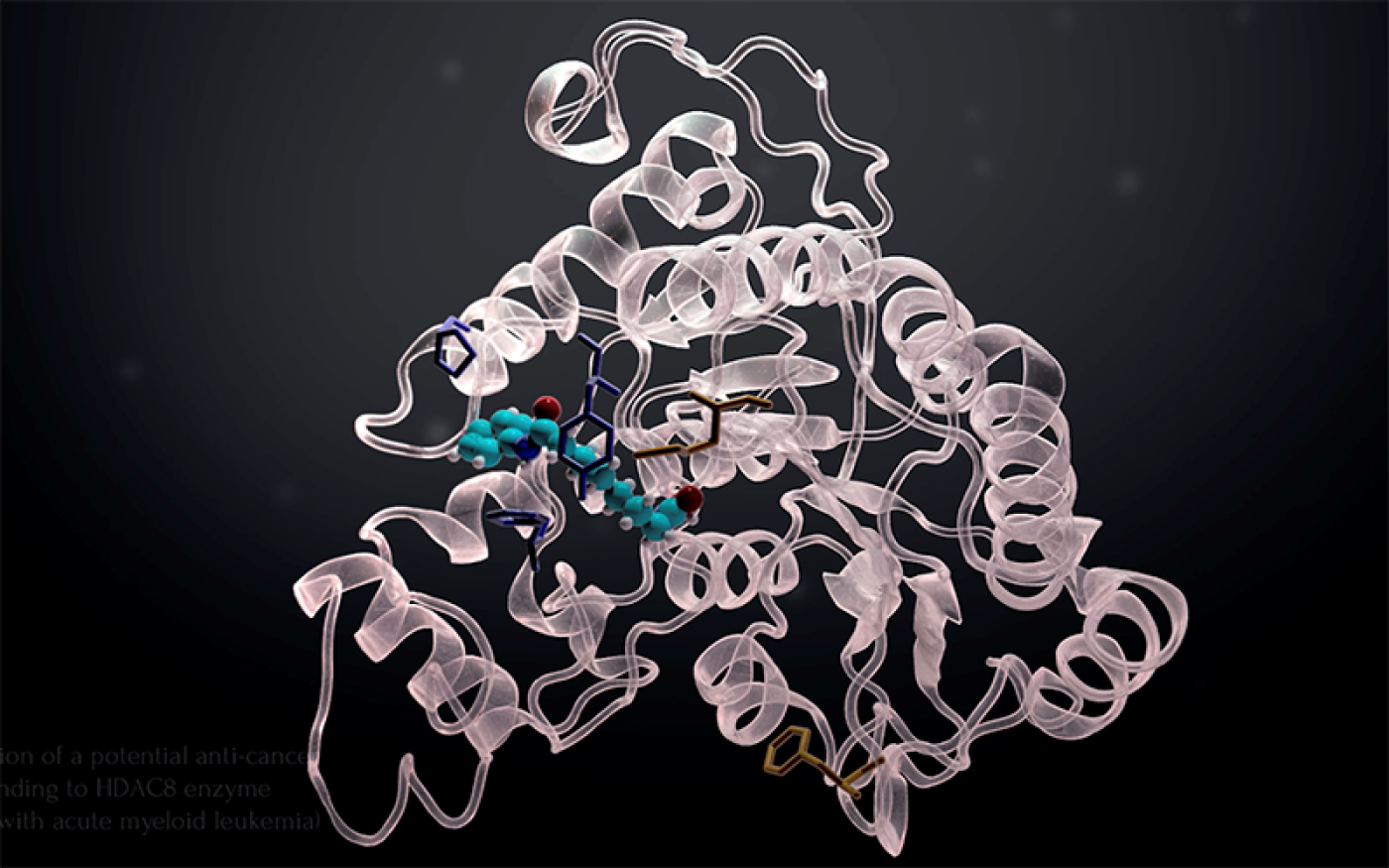
UCL-led team wins time on world’s most powerful computer
A UCL-led team of researchers is using the world’s first exascale computer to identify a shortlist of potential new drugs for diseases and to better understand how stroke affects the brain.
 Close
Close









